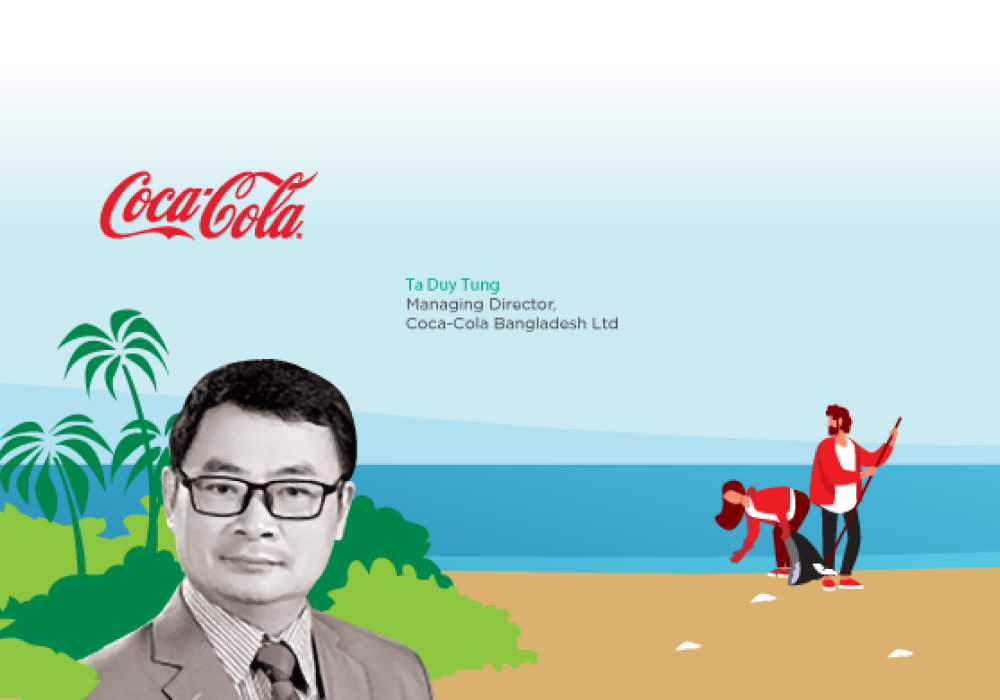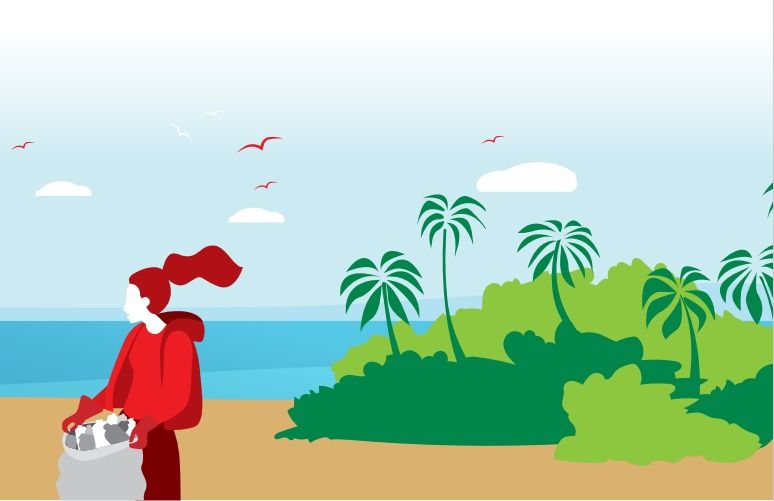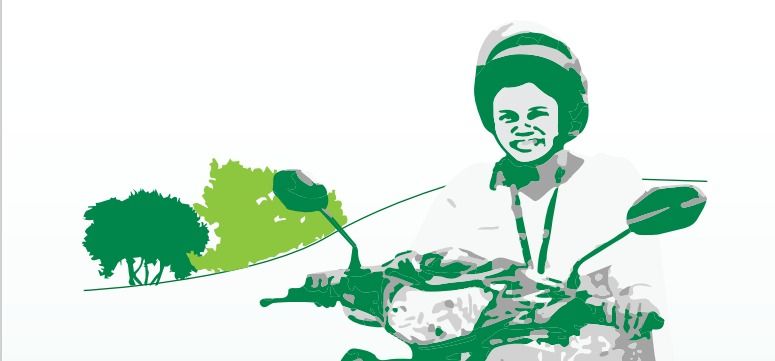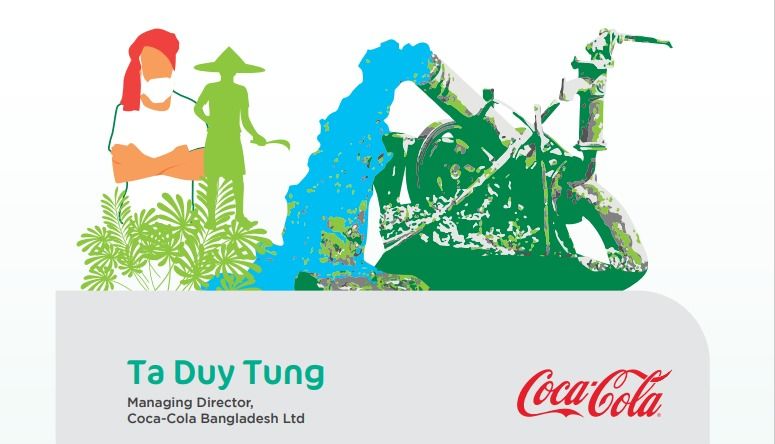- info@ficci.org.bd
- |
- +880248814801, +880248814802
- Contact Us
- |
- Become a Member
- |
- |
- |
- |
- |

While the world is moving forward at a fast pace with all of its pride, the industry leaders realized sustainability is the way forward. Nowadays corporates and big companies are focusing on sustainability apart from their core business. And through sustainability initiatives, they can ensure community development which in return will boost the business. Apart from business perspective, corporates and companies also invest in sustainability, as they believe this is the only solution that will allow all of humanity to co-exist for a better and magical future.
To ensure sustainability, UNDP has set 17 Sustainable Development Goals to end poverty, protect the planet, and ensure that by 2030 all people enjoy peace and prosperity. And for countries like Bangladesh, sustainability plays key role in the country’s overall development. The government of Bangladesh has taken up multiple initiatives to ensure the country achieves its goals. But only the joint effort of both public and private sectors can support the country in achieving these goals. MNCs such as Unilever, BAT are taking up different initiatives focusing on specific SDGs to support the government in its effort to achieve SDGs.
Coca-Cola is one such corporation, who are spearheading sustainability in all of the markets we are operating. We make brands and products that people love while building a more sustainable future for our business and for the planet. We do all of this while staying true to our purpose: to refresh the world and make a difference. Our Environmental, Social and Governance (ESG) goals and initiatives are anchored by our purpose and are core to our growth strategy. To ensure sustainability in the markets we operate in, we took up many initiatives under global banners such as Water Stewardship, World Without Waste and Women Empowerment.
Aligning with the global commitment, Coca-Cola System in Bangladesh has taken up multiple initiatives to support the country in achieving its Sustainable Development Goals. Alongside the brand, our bottling partners International Beverages Private Limited and Abdul Monem Limited have aligned their business interest with the interests of the communities which reinforces the Coca-Cola system’s commitment to doing business the right way. Our initiatives are focused on developing programs in such manner that it.

affects the communities and their surrounding directly to improve their livelihood and the life of the future generation.
Globally, there has been a lot of noise surrounding water and how best to preserve it. Everyone is trying their best to ensure maximum efficiency in using it. The concerns surrounding water is a big priority for us, especially when you realize that it is the principal ingredient in the products we make. And not just for business, the community we serve also requires water for everyday purposes. That is why in Bangladesh we have partnered with different organizations such as 2030 Water Resources Group to jointly develop the “Introducing of Water-Efficient Technologies” (IWET) project in Barind Tract with the specific overarching goal to enhance agro-water productivity both in terms of efficiency (More Crop per Drop) as well as economic productivity (Value per Drop). The project increased livelihood opportunities for 10,000 Barind farmers and 50,000 beneficiaries from 6 sub-districts. Our bottling partners, IBPL and AML have both installed roof water harvesting facilities in both plants to give back 100% water used in our bottling process.
Waste problem has become a menace for the whole world. Especially for a developing country like Bangladesh, this problem creates a barrier to the development of the country and the environment. Due to this problem, many infrastructural developments of the country slow down while the health of the people living in the country gets compromised. To mitigate this problem, interference from the govt. won’t be enough. Corporates and NGOs should come together and support the govt. against this issue. With this noble thought in mind, the Coca-Cola Foundation (TCCF) has funded Social Responsibility Asia (SR Asia) for their project titled “Integrated Management of Plastic Assortment and Contribution Towards Green Economy” (IMPACT-GE). During its first 6 months, the project aims to collect and recycle PET with an aim to impact the lives of 1.37 million people in Dhaka South City Corporation. TCCF is also partnering with CordAid Bangladesh for a new project titled Recycling for the Environment by Strengthening Income & Livelihood of Entrepreneurs- RESILIENT. The project aims to foster the economic and social well-being of waste workers for safe and dignified collection of plastic waste for recycling in Dhaka North City Corporation & Narayanganj City Corporation.

For any economy to thrive it is of utmost importance that both men and women participate in the workforce and contribute to the society. This has led to many strong women empowerment movements across the globe that has greatly benefited the society as a whole. Similarly, the economic empowerment of women in Bangladesh has also greatly boosted the economy. They play a vital role in the society and it is no surprise to see many corporations engaging in sustainable initiatives focused on women empowerment. We have had the opportunity to see the positive impact of empowering women through our Women Business Centers. Our 70 WBCs established in Jamalpur, Khulna and Bagerhat districts have directly impacted the well-being and economic empowerment of 100,000 women. These centers have gone on to indirectly impact 400,000 other people thereby further establishing the fact that an economy booms when women are recognized for their work.
When the whole world was struggling with COVID-19, the situation was worst for countries like Bangladesh as the medical system isn’t as updated as the developed countries. To save the country from this disaster, the government and the private sector stepped up for the betterment of the country. With this joint effort, Bangladesh was able to recover from this global pandemic. Like all the MNCs, Coca-Cola also contributed to this fight against this global pandemic. With support from the Coca-Cola Foundation (TCCF), Coca-Cola Bangladesh pledged BDT 11.5 crore towards COVID-19 relief measures to support vulnerable and marginalized communities across Bangladesh. The relief programs aimed at positively impacting 50 lakh lives in Bangladesh. Coca-Cola partnered with CARE Bangladesh to provide food packages to 10,220 households and dignity kits to 14,555 households, positively impacting approximately 100,000 people. The company has also supported in vaccination roll-out in partnership with Bangladesh Red Crescent Society during the nationwide COVID Vaccination roll-out by the Government.
We view responsible resource consumption as key responsibilities for us towards our communities and environment and through our interventions in recycling, water replenishment, energy efficiency etc. We are aligning our business interests with the interests of the communities. With both the local priorities in mind and our global strategic mandates, we have driven initiatives that enhance skill development and build local capabilities crucial for national growth. The company’s first ever Sustainability report was launched in 2021 that highlighted all the activities done. Our purpose is to refresh the world and make a difference. Our company and system employees make this possible every day. Together, we’re using our global presence to build a more sustainable future for our business in Bangladesh and the planet.

Ta Duy Tung joined Coca-Cola Bangladesh as the Managing Director back in 2021. Tung is a veteran in the beverage sector who possesses strong expertise in general management, consumer-centricity-market analysis, strong business insights and design thinking, and value stream management which helped him in developing capabilities in brand development, communication, and innovation management. Previously he worked with the Coca-Cola Beverages Vietnam, where his expertise in strategies and action plans broke a 25-year-old record in Coca-Cola in the field of supply chain productivity. Tung is a surgeon by degree as he earned his first Bachelor of Surgeon degree from Hanoi Medical University, Vietnam before going to pursue a Bachelor of Business Management from Hanoi Polytechnic University. He also has an MBA degree from Bangalore University India.





